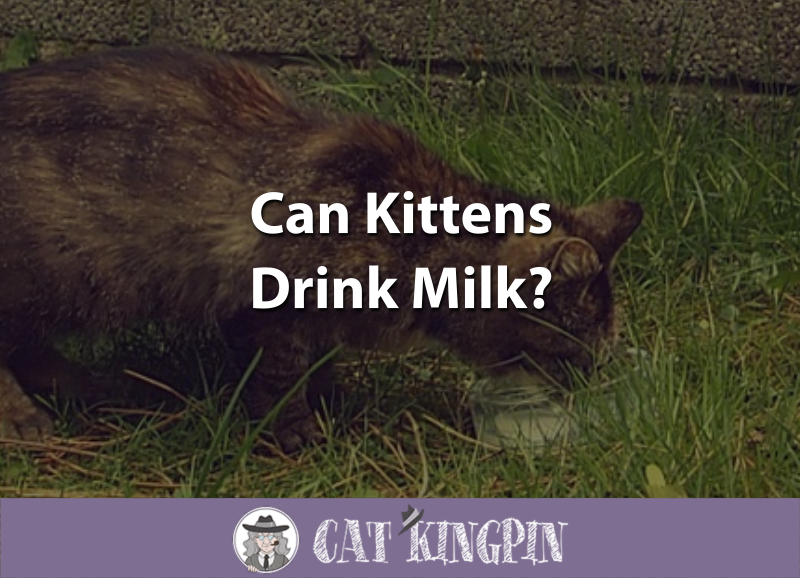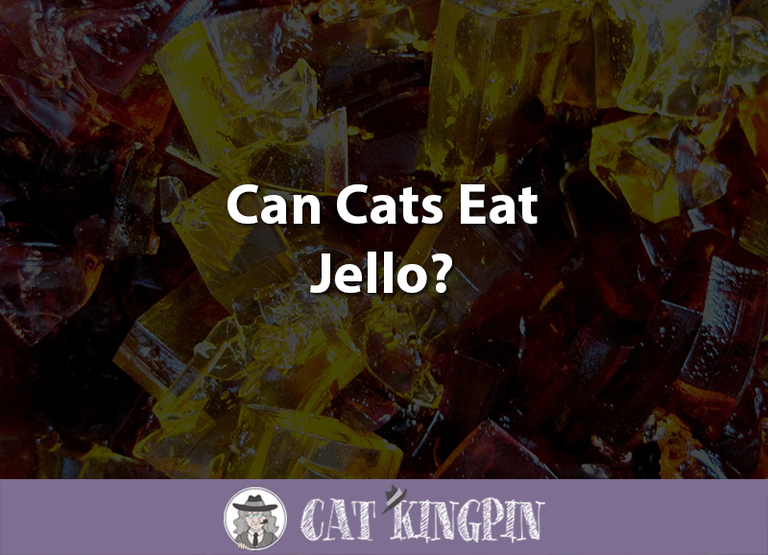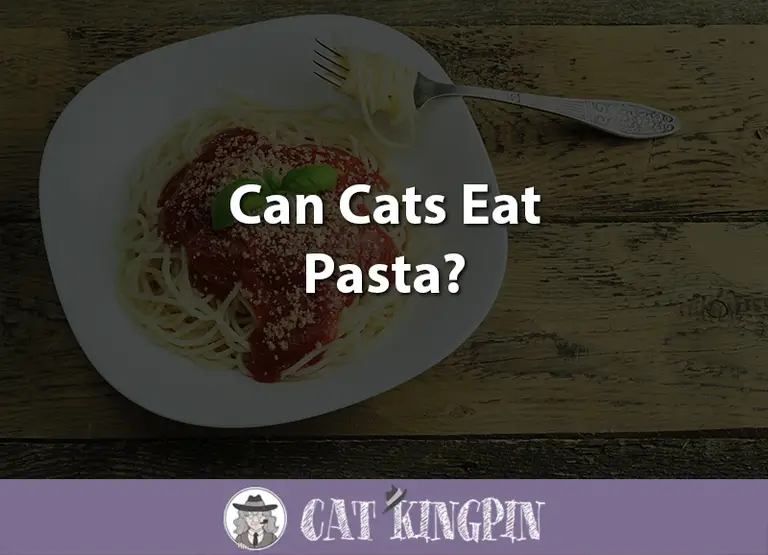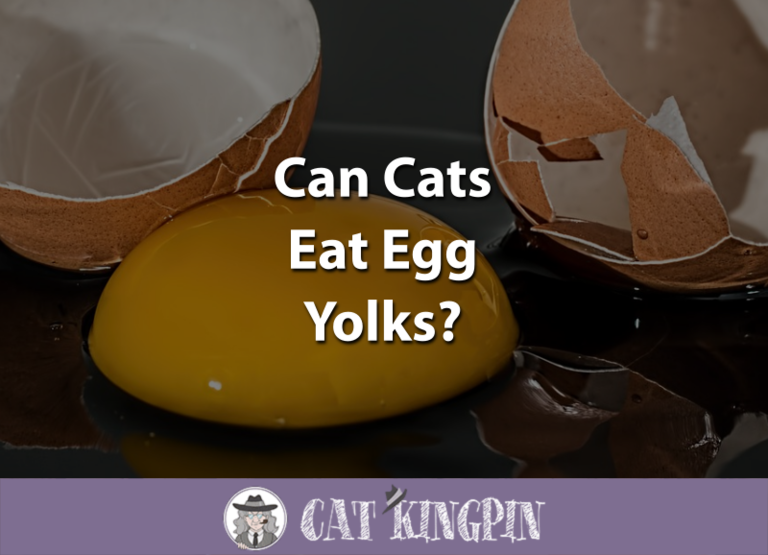Can Kittens Drink Milk?
Because kittens are mammals, their diet is made up exclusively of milk for the first few weeks of life.
But the milk they drink isn’t just any old milk. It’s cat milk. The young of all mammals thrive on their mother’s milk, and kittens are no different.
Once a kitten comes to live with their human family, however, they usually don’t require maternal milk anymore. The process of getting them used to eating solid foods, called weaning, takes place naturally and begins when they are around 5 weeks old.
While many movies and books feature kittens drinking milk with their human caretakers, is it actually good for them? Can kittens drink milk?
In this article, we’ll cover the following:
- Can Kittens Drink Milk?
- Can Kittens Drink Cow’s Milk?
- Can Kittens Drink 2 Percent Milk?
- Can Kittens Drink 1 Percent Milk?
- Can Kittens Drink Whole Milk?
- Can Kittens Drink Goat’s Milk?
- Can Newborn Kittens Drink Milk?
- How Long Should Kittens Drink Milk For?
- Can Kittens Just Drink Milk?
Can Kittens Drink Milk?
For the purposes of this article, we want to be clear. When we talk about “milk,” we’re talking about cow’s milk, the kind you and I drink.
Plant-derived milks, such as soy milk, coconut milk, and almond milk present different issues and should never be offered to kittens. While they likely will do no harm, they are practically worthless to a kitten from a nutritional standpoint.
There is no debate on whether or not cat milk, the kind that the mother produces, is extremely healthy for kittens. Cat milk is specially-formulated with a kitten’s nutritional needs in mind and is the only food that kittens should be consuming during their first few weeks of life.
When it comes to cow’s milk, though, the situation is a little more complicated.
While many kittens really enjoy the taste of milk, the truth is that it isn’t really all that good for them. In fact, consuming too much milk may actually cause unpleasant digestive symptoms in your kitten, such as diarrhea and vomiting.
This is mostly due to the fact that cats – and kittens in particular – don’t possess enough of the enzymes needed to properly digest the type of lactose found in cow’s milk.
In any case, your kitten is getting all the nutrition they need if you are feeding your kitten a high-quality commercial kitten food. Milk, while it can be an occasional treat if it’s well-tolerated by your kitten, should never make up any substantial part of your kitten’s daily diet.
If you have to bottle feed kittens, make sure to feed them kitten milk which you can buy at the pet store and which is nutritionally different from cow’s milk. Check out how much these little kittens like it!
Can Kittens Drink 2 Percent Milk?
While 2 percent milk contains less fat that whole milk, there is no difference in the quantity of lactose. In fact, 2 percent milk contains even less of the healthy fats that are present in whole milk.
Because kittens are growing rapidly and require optimal nutrition, it isn’t a great idea to give your kitten 2 percent milk to drink.
Can Kittens Drink 1 Percent Milk?
1 percent milk is a popular beverage for humans because it contains all the vitamins and minerals but significantly less fat than whole milk.
When it comes to kittens, however, the fat content doesn’t really make much of a difference. Milk isn’t super healthy for kittens because of the lactose, which kittens have a hard time digesting.
While your kitten may love the taste of 1 percent milk, you’re better off skipping the milk and giving your kitten plain water.
Can Kittens Drink Whole Milk?
While whole milk has the most amount of nutrition, it still isn’t ideal as a kitten food. Whole milk contains lactose, which some cats and most kittens have trouble digesting.
If your kitten is really a cow’s milk fiend, you can offer them a tiny bit and see if they tolerate it. Only offer milk once and a while, as a treat, as it should never make up a large portion of their diet.
Can Kittens Drink Goats Milk?
Goats milk contains less sugar than cow’s milk, though the difference is negligible. There’s about one gram of sugar less per serving.
As this report shows, goat milk contains less lactose and casein than cow’s milk, which means that kittens can digest it more easily and retain more of the nutritional properties that goat milk provides.
It should be mentioned that if your kitten is old enough to eat solid food, feeding a balanced commercial kitten food diet will meet their nutritional needs. You should look for a food that is specially-formulated for kittens and lists meat as the first ingredient, such as Blue Kitten Healthy Growth.
It’s better to consider a bit of goat’s milk as an occasional tasty treat. Always make sure to monitor your kitten carefully afterwards to make sure it doesn’t make them ill.
Can Newborn Kittens Drink Milk?
Newborn kittens should drink cat milk from their mother, and should never be given cow’s milk.
The milk that kittens drink, the one created especially for them by their mother, is completely different from any other type of milk. It’s high in fat (in fact, it’s one of the fattiest of all mammalian milk) and contains antibodies and other minerals and vitamins that are crucial for a young kitten’s development.
If you can’t resist giving your kitten a little bit of milk, or if they have a hard time eating dry food without something to moisten it, you can supplement your kitten’s diet with a little bit of simulated kitten milk, which is formulated to meet the nutritional needs of a growing kitten.
If you find yourself caring for a litter of kittens whose mother can’t care for them for whatever reason, you’ll need to purchase simulated cat milk and feed it to them exclusively.
Pet Ag KMR is probably the most recognizable brand, and you can find it at any pet store. This milk, which is made for kittens up to 6 weeks old, comes very close to replicating natural cat milk.
You’ll also need to purchase a nursing kit. Feeding very young kittens with a bottle is a very delicat procedure, and you’ll need to purchase some special equipment. Nursing kits such as PetAg Nursing Kit contain bottles, bottle cleaners, and a variety of rubber nipples.
It’s important to follow your veterinarian’s directions when hand-feeding a litter of kittens. Remember that cow’s milk is not an adequate substitute for cat milk. Feeding a newborn kitten cow milk will not give them enough nutrition and the kitten will suffer ill health and could even die.
When your kitten is a newborn, the only milk they should be consuming is cat milk. Check out these adorable kittens who are nursing as nature intended.
How Long Should Kittens Drink Milk For?
Kittens drink cat milk from their mothers until about 5 weeks of age, at which time their mother will begin the weaning process.
If you are nursing a little of abandoned kittens, follow your veterinarian’s instructions when it comes time to wean them. Weaning a kitten too early can cause them harm.
Can Kittens Just Drink Milk?
Kittens will drink exclusively milk until they are weaned. But in this case, we are talking about cat milk, not cow’s milk!
Cow’s milk should never be fed to your kitten exclusively. Once they are weaned by their mothers, kittens need to eat kitten food, which is similar to cat food but is designed to meet the needs of rapidly-growing kittens.
When shopping for kitten food, look for a brand that lists meat as the primary ingredient, such as Blue Kitten Healthy Growth.
So, can kittens drink milk?
While cow’s milk is often portrayed in literature, films, and popular culture as a healthy food for kittens, this is actually not the case.
Cow’s milk contains a hefty amount of lactose, which many kittens have trouble digesting, and which can cause digestive upset.
If you really want to give your kitten milk, try only offering them a tiny bit at a time, no more than a tablespoon or two. If your kitten shows any signs of digestive upset such as vomiting or diarrhea, don’t give them milk again.
Is your kitten mad for milk? How do you satisfy their craving without sacrificing their health? Have you ever had to nurse kittens by hand? Let us know in the comments; we want to hear all about it!







